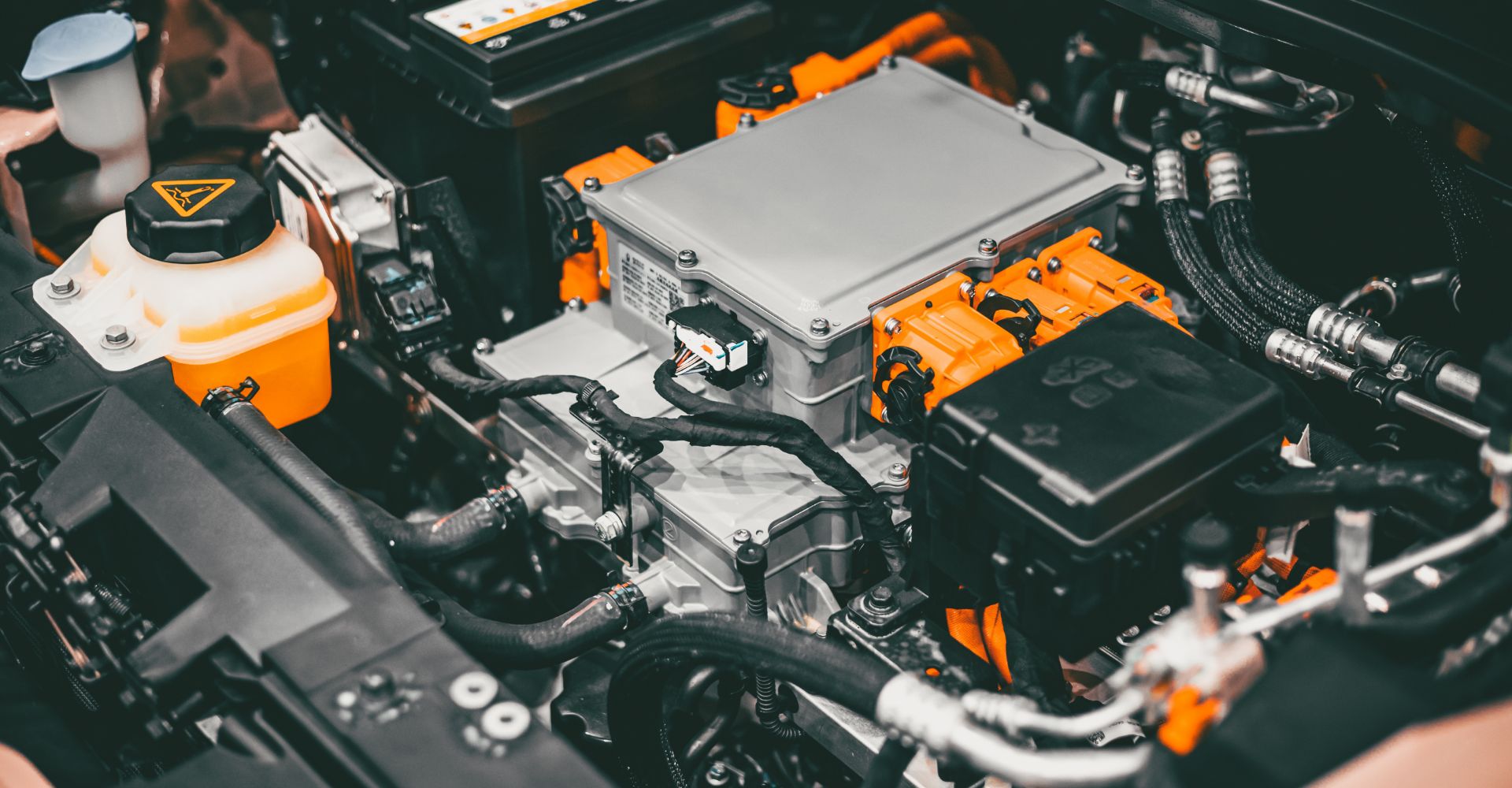Winter in South Africa may not bring snow to every door, but it does bring a chill that your car might not be ready for. Certain car parts can fail during winter if you don’t take care or keep an eye on them, which means you could be left stranded. That’s why having an extended car warranty cover from dotsure.co.za and a little extra info on the car parts that fail most often in winter, is essential.
Here's a look at 5 car parts that are often the culprits behind winter breakdowns and how to prevent them.
RELATED: THE AVERAGE LIFESPAN OF YOUR CAR PARTS
Car Batteries
Batteries are the number one car part that fails during winter. Cold temperatures slow down chemical reactions in your battery, making it harder to produce enough oomph to start the engine.
How to charge a car battery
It’s not always winter's fault. Your battery could just need a recharge. You can use a battery charger or jump-start it like a pro. Got an automatic? Push-starting it won’t work, but here’s what you can do.
RELATED: HOW LONG DO CAR BATTERIES LAST?
Car Fluids
A short science lesson for you: Fluids thicken in the cold. If your car fluids are already low, it can cause performance problems or lead to part failures that could’ve been avoided.
What car fluids should you check?
- Engine oil
- Transmission fluid
- Coolant/antifreeze
- Brake fluid
- Windscreen washer fluid.
How to check car fluids
Make it a monthly habit, especially in winter. Most reservoirs are clearly labelled, with “min” and “max” markers to guide you. Topping them up can prevent wear and tear and keep your warranty intact.
Pro tip: We suggest topping up your oil and water while you’re filling up or grabbing some snacks at a petrol station. The attendants there will happily assist you. When checking your vehicle’s other fluids, it’s always best to consult your mechanic if you're unsure.
RELATED: COMMON WARRANTY EXCLUSIONS AND LIMITATIONS
Exhaust System & Undercarriage
If you think you’re safe from rust and corrosion just because you don’t live by the sea, you’re wrong. Rain and wet conditions still accelerate rust and corrosion, especially on your exhaust, undercarriage, and brake lines.
What you can do:
- Wash your car regularly, especially the underbody
- Keep your car parked in a garage or under cover if possible
- Wax your paint to create a water-repellent barrier
- Add an old carpet to your garage floor to absorb excess moisture.
Tyre Pressure
When the air gets colder, so does the air inside your vehicle’s tyres. This can lead to under-inflation, which reduces traction and wears down your tyres unevenly, which means you must replace your tyres sooner.
How to check your tyre pressure in winter
Most petrol stations in SA have pressure gauges. Check your car manual for the recommended PSI and top up as needed. Alternatively, pop in to Tiger Wheel & Tyre, one of our trusted partners, and they can handle it for you.
Spark Plugs
The cold weather can make it more difficult for engines to start, and worn spark plugs may struggle to produce a strong enough spark. If your car's feeling sluggish when you turn the key, the spark plugs might be the problem.
How to check spark plugs
Unless you’re a pro under the hood, getting an expert mechanic to check them during your next annual service is best.
Expert Cover for Your Car Parts in Winter
Car batteries, spark plugs, fluids, tyres, and rust-prone components are the car parts that fail most often during winter. But with regular checks, a little TLC, and dotsure.co.za extended car warranty in your corner, you’ll be ready for the cold.
And if you’re not protected yet, now’s the perfect time to get extended warranty cover before anything happens, to keep your winter driving worry-free.



